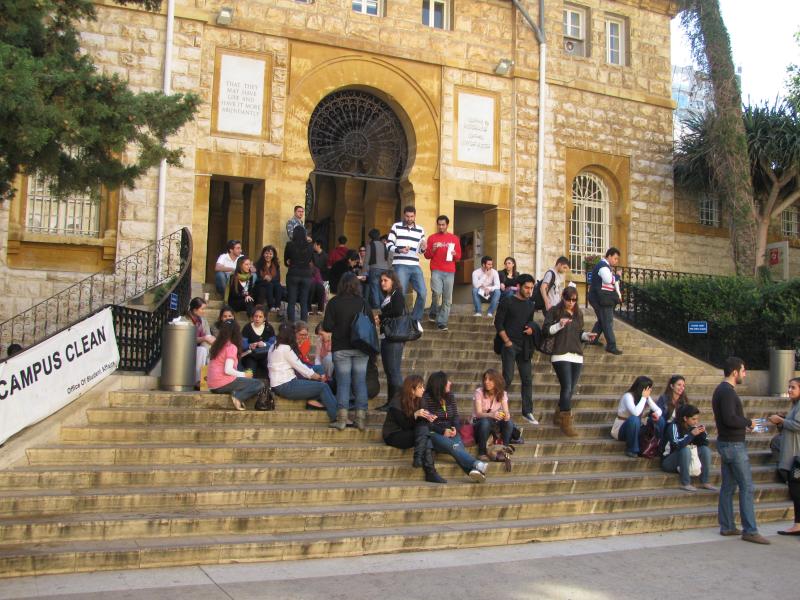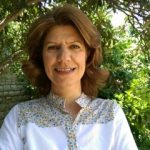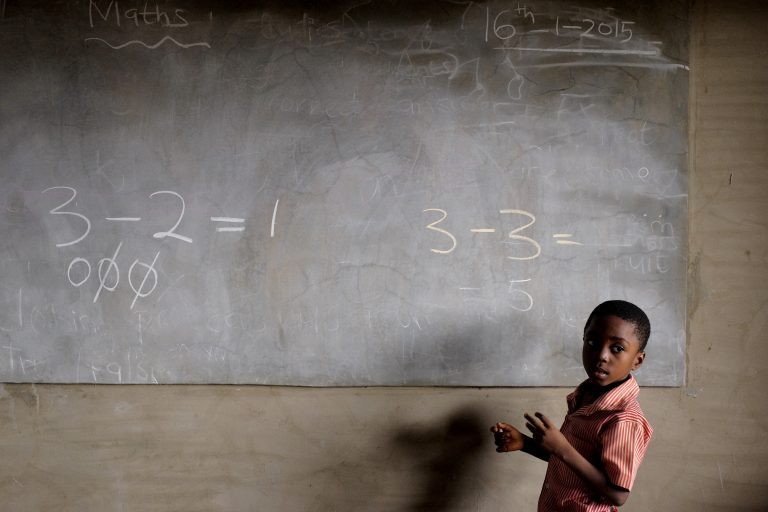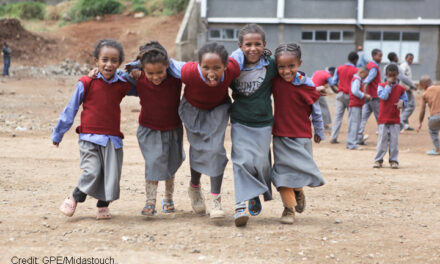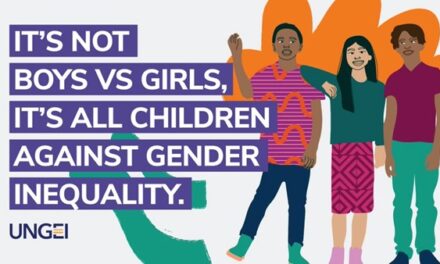With the ‘COVID-19 Interviews’, NISSEM has embarked on a series of interviews with actors from government and civil society, in order to understand better the practicalities and implications of national responses to the COVID-19 pandemic. The focus is on countries in the global south. A full transcript of this interview can be found here. NISSEM expects to continue this series of interviews for some months to come, as systems emerging from the crisis rethink the content and practice of teaching and learning. UKFIET is co-hosting the first five of these interviews
|
Rima Malek is an educational technology specialist and associate professor of information and communication technology in education at the public sector Lebanese University, in Beirut. She teaches and conducts research on ICT integration for education, ICT integration for special needs, and also on digital humanities, e-libraries, e-heritage, and e-diplomacy. Dr. Malek is currently involved in international education projects. She obtained her PhD in education from the Université de Rouen. |
“I can see a lot of positive things emerging from this.”
Rima Malek has long advocated for accreditation of distance learning courses and programmes in Lebanon and throughout the Middle East. In her role as professor in the Master’s of Educational Technology programme at the Lebanese University in Beirut, she challenges graduate students to use online learning platforms creatively, in ways that unleash the full power of the technology to facilitate deep learning. As Lebanon’s only public university and its premier teacher education institution, the Lebanese University serves some 85,000 students. Although decisions are currently underway on how and when the university and the public schools will re-open their doors, contingency planning for moving fully online or to some combination of virtual and in-person, including how learning will be assessed and how to expand access to reliable, broadband internet in the event of another shutdown in the fall. As Rima points out, it is complicated not only because of weak infrastructure and the high cost of internet services, but also because of the worsening economic and political crisis in Lebanon. “We don’t know how things are evolving: we are in a very weird situation.”
Since the overwhelming majority of Rima’s students are teachers in K–12 schools, the emergency closures of schools and universities in March presented her with a unique challenge—how to deliver her courses online in the most interactive and inclusive way, while guiding her student-teachers and fellow faculty members to do the same. While acknowledging the difficulties of an overnight transition to distance learning, Rima also saw this period as an opportunity to work with colleagues to create a virtual learning experience for their students. She emphasises that such experiences can go far beyond the transmission of prescribed subject matter. They can be designed in a way that builds transversal skills like critical thinking and collaboration. In order for this to happen, subject area professors and teachers with little or no background in distance education needed more technical training. In Rima’s words, “We need to rewrite the courses in a different way… Just to take a face-to-face course and put it on line, this is not enough!”
The pandemic, she notes, has also created conditions that call for reaching out to students during and between online sessions, not just to keep track of their progress academically, but also to check on their health and emotional state as well as that of their families. As Rima puts it, “We have to work on the social and emotional atmosphere because students in their houses are in a very weird condition, they are somehow afraid. So, we cannot open our cameras and tell them, ‘Now we’ll study this’. We should check on them by asking, ‘Is everything well?’ Most people are dealing with different levels of stress and anxiety…including me.”
Among the thorniest issues emerging from the wholesale transition to distance learning at all levels is how to assess student learning. Rima reports that the transition to online has fostered a certain amount of experimentation. For example, some schools and universities are administering examinations online, using software to block screens and internet access while keeping webcams live on students as they take the exam. Others are experimenting with project-based assessment, while others are offering open book exams.
As in other countries, the high cost of computers, tablets and internet service makes reliable access from home impossible for large numbers of students and their families. Interruptions in electricity are frequent, even for those who can afford the technology. Disparities are deep and wide, making issues of cost and access paramount to closing the digital divide. Rima feels that the problem of access must be solved through government rules and regulations; for example, by making internet access affordable or free for lower income families.
Although Rima is a strong advocate for e-learning, she also stresses the importance of using a combination of different forms of learning media and materials. In the Lebanese experience, some schools opened their doors and asked parents to come and pick up packets of learning materials, including textbooks, activity sheets and guidelines to be completed at home under the watchful eyes of parents or older siblings. Following strict safety and social distancing protocols, parents then returned the completed assignments to the school at regular intervals for teachers to check and respond.
Looking to the future, there is little certainty as to whether universities and schools will return to in-person classes in the fall, or employ remote learning for all students, or some combination of the two. When asked if her students would be returning to campus in the fall, Rima responds, “It doesn’t look like it.” But in any case, she adds, “I can see a lot of positive things emerging from this… We need to put students in the middle of the teaching and learning process and guide them into deep learning, because our world is changing quickly.”
————————-
This is part of a series of NISSEM COVID-19 Interviews. The series includes:
Responding to COVID-19 in Uganda: Interview with Baale Remegious
Responding to Covid-19 in Kenya: Interview with Lucy Maina and Ngángá Kibandi
Responding to COVID-19 in the Bahamas: Interview with Marcellus C. Taylor

